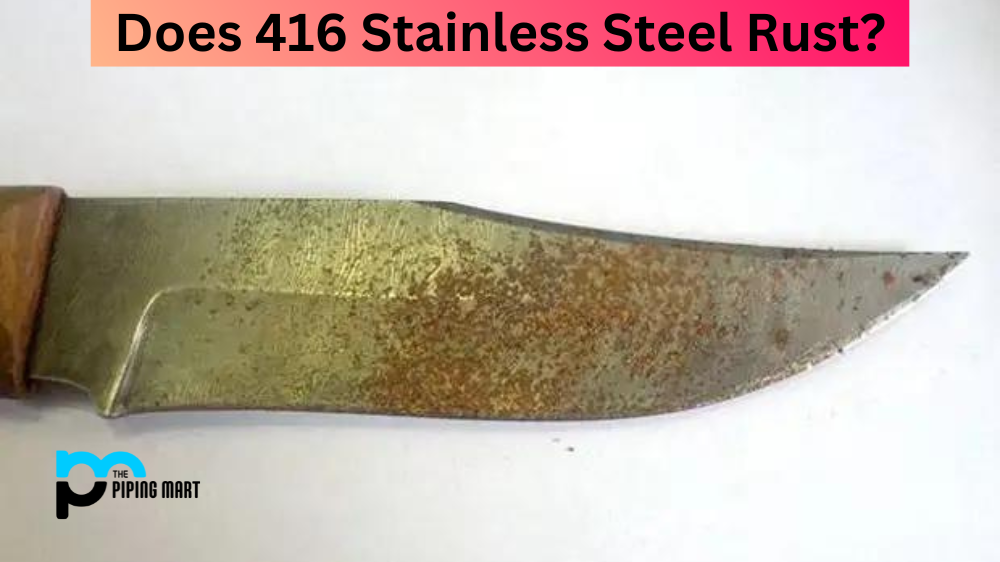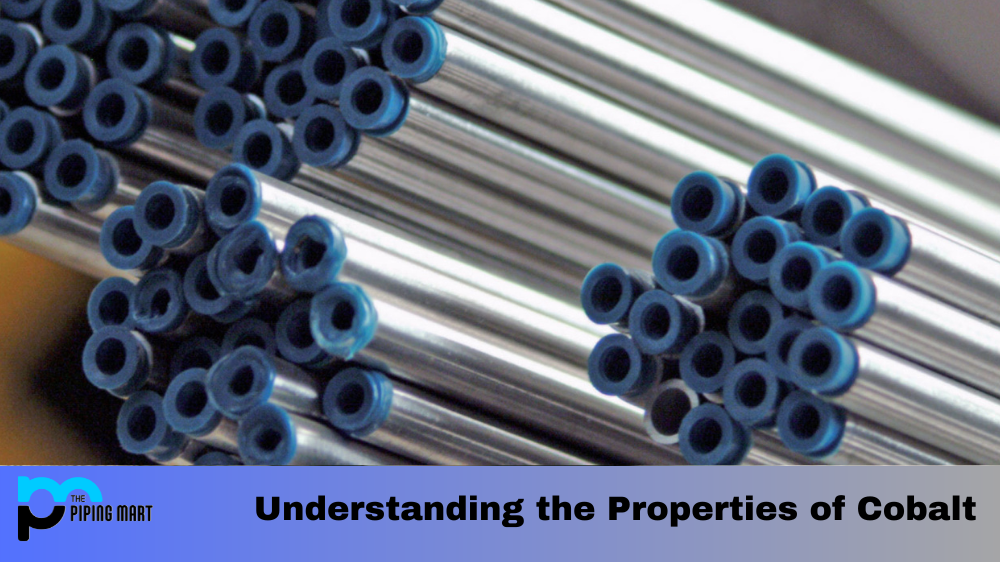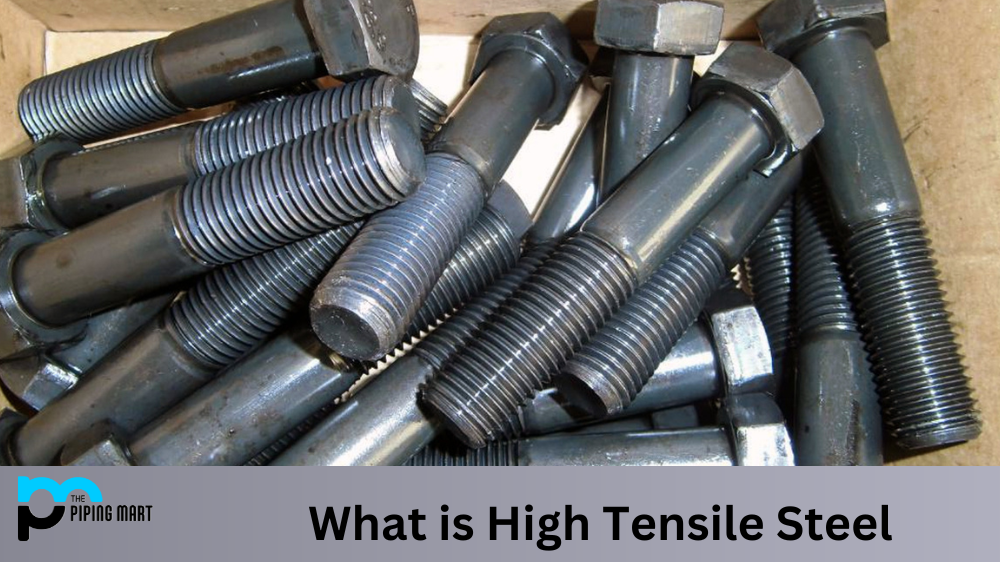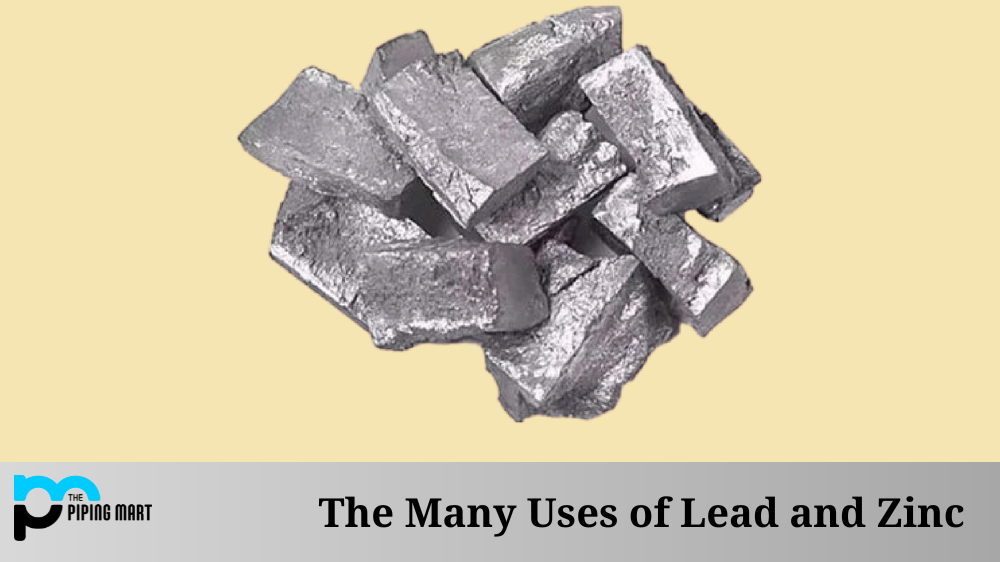If you’re looking for a durable material for your next project, you may be considering stainless steel. But does stainless steel rust? The answer is: it depends. Let’s take a closer look at the different types of stainless steel and their rust resistance.
What is 416 Stainless Steel?
Stainless steel is an alloy made up of iron, chromium, nickel, and other elements. There are several different grades of stainless steel, each with its own unique properties. One such grade is 416 stainless steel, which has been used in everything from gun barrels to medical instruments. It is known for its corrosion resistance, strength, and durability.
Does 416 Stainless Steel Rust?
The short answer is yes—416 stainless steel does rust under certain conditions. However, it should be noted that this type of steel has higher levels of chromium than other grades of stainless steel, making it more resistant to rust than other types of stainless steel. In addition, if properly cared for and maintained regularly, 416 stainless steel can remain rust-free for many years.
How Can I Prevent Rust on My 416 Stainless Steel?
Regular maintenance and care are key when preventing rust on your 416 stainless steel items. Make sure to clean and dry the surface after use or exposure to moisture or dirt; this will help prevent the buildup of corrosive materials that can weaken the metal’s protective layer over time. Additionally, using protective coatings such as paints and oils can further protect your materials from oxidation or corrosion caused by contact with water or other elements in the environment. Lastly, storing your items in a cool, dry place helps keep them safe from potential damage caused by heat or humidity.
Conclusion:
When it comes to choosing a material for your project or product needs, there are many factors to consider—including whether or not it will corrode over time due to exposure to various elements in the environment. In the case of 416 stainless steel specifically, it does have some degree of susceptibility to corrosion; however, this can be significantly reduced with proper care and maintenance over time. Ultimately though, understanding how different metals react when exposed to various environmental conditions will help you make an informed decision about which material best suits your needs now and into the future!

Pipingmart is a B2B portal that specializes in metal, industrial and piping items. Additionally, we share the latest information and information about materials, products and various types of grades to assist businesses that are involved in this business.




